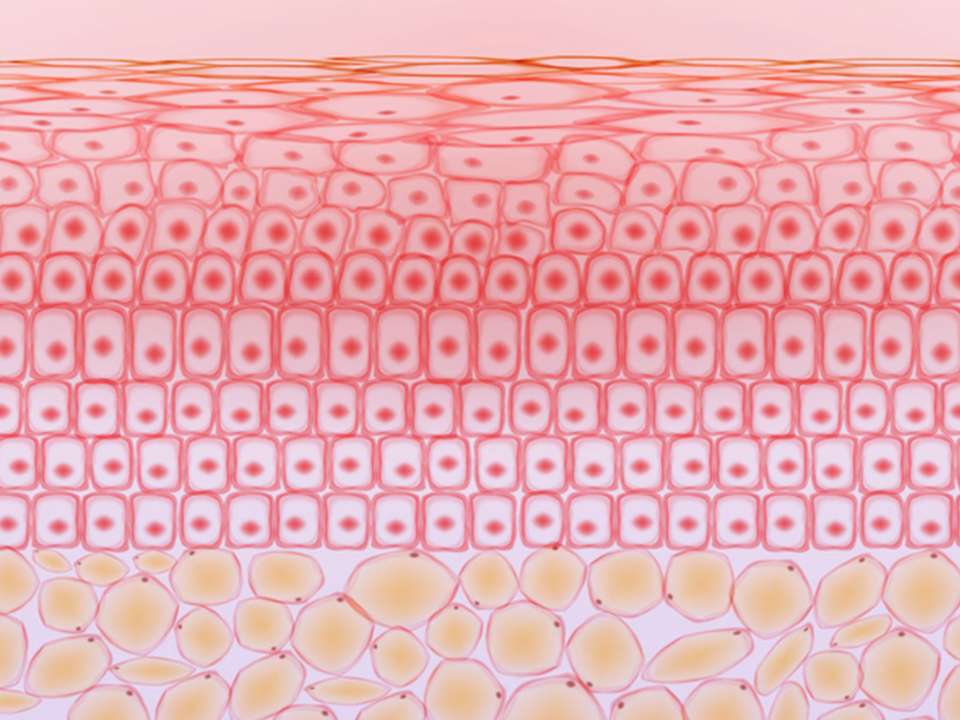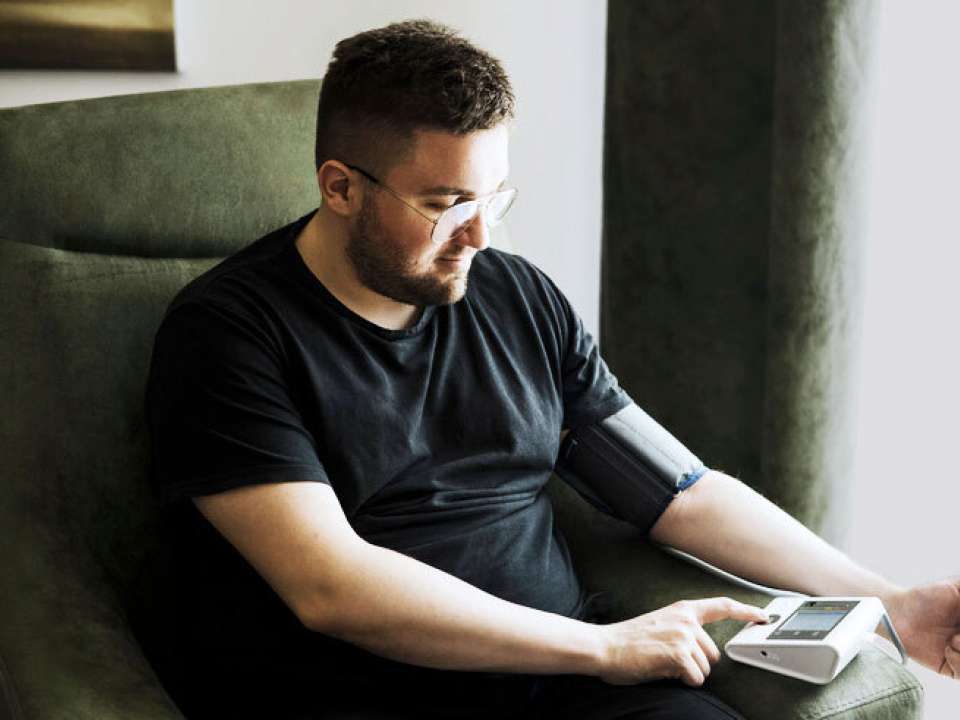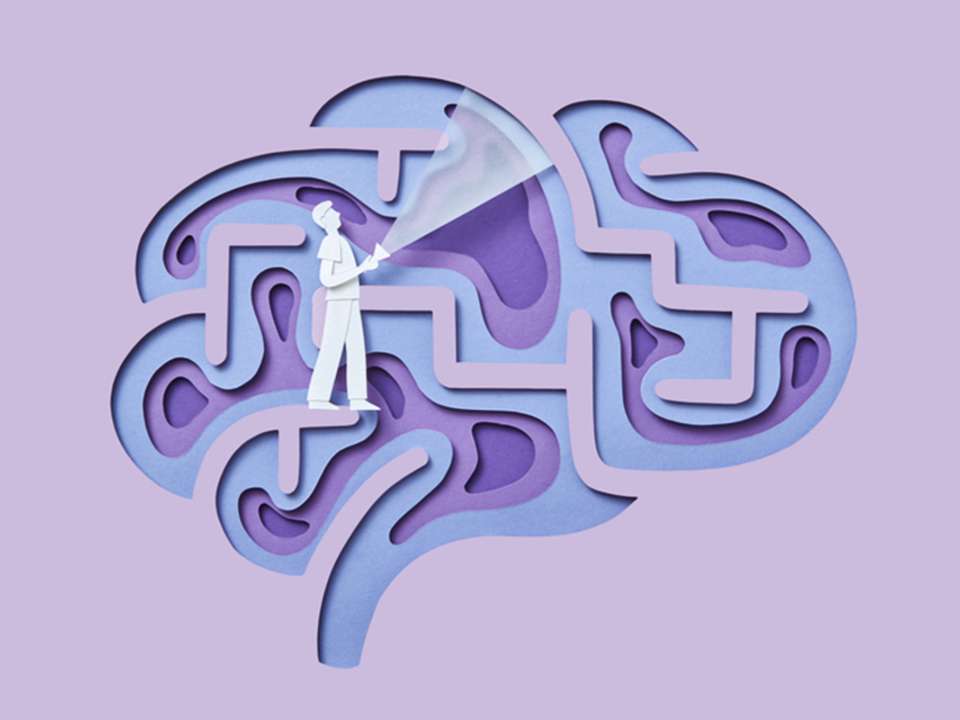
From the early onset of menopause to loss of sex drive, there are a lot of horror stories online about side effects of hysterectomies — but is any of it true?
Despite hysterectomies being the second most common surgery performed on women (after C-sections), there are many misconceptions and myths about the procedure.
“It can be scary to look at information online. There’s a lot of misinformation and certain experiences may be exacerbated disproportionately around surgeries of any kind, including hysterectomies,” says Dr. Olivia Chang, a female pelvic medicine and reconstructive surgeon, also known as a urogynecologist, who sees patients at the Pelvic Health Center at UW Medical Center – Northwest.
Along with outright myths, the confusion around hysterectomies occurs because the procedure is used to treat multiple conditions. Recovery looks different based on why you are receiving a hysterectomy — and the information from Dr. Google might not apply to you.
To help calm fears, Chang addresses common concerns and debunks myths (yes, including the ones that felt too awkward to ask your OB-GYN about).
What is a hysterectomy?
“A hysterectomy is a surgical procedure to remove the uterus and cervix. It is a safe and effective surgery for treatment of many gynecologic conditions,” Chang says.
Some of the most common reasons for a hysterectomy include abnormal uterine bleeding, chronic pelvic pain, fibroids, endometriosis, pelvic organ prolapse and adenomyosis (abnormal tissue growth on the uterine wall).
A hysterectomy can also be an important part of gender-affirming care for trans men and nonbinary people, as well as performed for the treatment of gynecological cancers, like cervical and uterine cancer.
During a typical hysterectomy, a surgeon removes your cervix and uterus in a minimally invasive fashion (via small incisions in the vagina or abdomen). Sometimes larger incisions may be needed with a laparotomy, an incision in your abdomen. As your uterus is removed during the surgery, you are not able to have children after the procedure with your own uterus. It is possible to have children through surrogacy even if you don’t have a uterus.
While less common, in some cases hysterectomies are performed in addition to other procedures, such as removing the fallopian tubes or ovaries, fixing prolapsed pelvic organs or addressing pelvic floor conditions like urinary leakage.
“A hysterectomy can feel scary, but it doesn’t need to be,” Chang says.
If you’re considering the procedure, she recommends talking to your doctor about any concerns and building a close relationship with your treatment team. Being informed can also help you feel more comfortable — and that includes knowing what hysterectomy myths to stop believing.
Myth 1: A hysterectomy causes menopause
“As a surgeon, the most common question I get asked is whether a patient will go into menopause after a hysterectomy,” Chang says.
While a total hysterectomy permanently stops you from having a period, in most cases it does not cause menopause.
To understand why, it helps to know which parts of your reproductive system are involved in these processes. Your period occurs when you shed your uterine lining; menopause occurs when your ovaries produce fewer hormones.
Because hysterectomies involve the removal of your uterus, you will no longer have a period after surgery. But since a routine hysterectomy does not require the removal of your ovaries, your hormone levels will remain more or less the same and you won’t go into menopause. (In contrast, if you do have your ovaries removed, you will go into what is called surgical menopause.)
While it’s less common, some studies show women who’ve had a hysterectomy go into menopause a little sooner than those who haven’t. That said, Chang notes these studies have limitations and only reflect correlation — not causation.
“It’s important to look at this data in context. It doesn’t mean that you will go into menopause right away after surgery, but that you might experience menopausal symptoms earlier than you naturally would have. I want to assure everyone considering the procedure that going into menopause earlier only affects a small cohort of individuals, and the data only showed an association. The vast majority of people who get a hysterectomy do not go into menopause earlier because of it,” she says.
Myth 2: A hysterectomy decreases libido and orgasm
Another common worry about hysterectomies is how it will affect your sex life. But there’s good news on this front.
There is not strong evidence that hysterectomy affects libido or orgasm, Chang says. In fact, many of her patients who receive a hysterectomy due to painful periods or pelvic organ prolapse find sex more enjoyable after the procedure.
This doesn’t mean you should hop into bed post-op though.
“It’s important to avoid sex or placing anything in your vagina after surgery during the recovery period so that the top of the vagina can heal,” Chang says.
Recovery lasts on average six weeks, but you’ll want to talk to your doctor about when it is safe to start having sex again. Once you’ve allowed your body time to heal, you’re in the clear — and don’t need to worry about effects on libido, orgasm or sexual function.
Myth 3: A hysterectomy causes incontinence (urine leakage)
Like sexual function, Chang says there just isn’t good data to support that hysterectomies cause incontinence. If you are experiencing leakage immediately after the procedure though, you should reach out to your doctor, as this can be a sign of a complication from surgery called a fistula.
More often, any leakage is caused by other factors apart from having a hysterectomy.
“If people do leak urine, it can be because they were predisposed to urinary incontinence from prior childbirth or other risk factors — not because of the hysterectomy,” Chang says. “There are excellent treatment options for people who have urinary leakage.”
Basically, hysterectomies don’t cause incontinence, but a lot of other things can. So, if you find yourself leaking urine, know you aren’t alone and that there are effective treatments to help.
Myth 4: Hysterectomies cause weight gain
Having a hysterectomy doesn’t cause people to gain weight; however, some people do gain weight during the recovery period because they aren’t moving as much as they would otherwise, Chang says.
First things first: It’s OK if you gain a bit of weight during recovery. It’s important to let yourself rest and heal during this time.
If you’re concerned about weight gain, you can talk to your doctor about ways to incorporate movement into your routine while you recover from surgery.
Myth 5: Hysterectomies make you age faster
“A hysterectomy does not directly affect the body’s aging process,” Chang says.
A hysterectomy won’t affect how you physically age, but it can be emotionally challenging for some people to have their uterus, cervix or ovaries removed. No longer having a period or experiencing a change in hormone status can affect how some folks subjectively feel about their age and identity.
“Some people feel really strongly or have an emotional attachment to their uterus and, as a surgeon, that’s really important to me,” Chang says.
Talk with your doctor and surgeon if you have concerns or feel sadness or loss around having your uterus and cervix removed. Your care team will work with you to find the best solution for your physical and mental health.
If you have strong feelings about your uterus, talk to your surgeon about options for uterine preservation — meaning treatment options other than a hysterectomy. This may not always be available, but it’s worth bringing up with your doctor.
Having a hysterectomy is a personal health decision. It’s a safe and effective way to treat several conditions — and it’s also something you should feel empowered to decide for yourself without myths and misconceptions getting in the way.

 Healthy ideas for your inbox
Healthy ideas for your inbox





